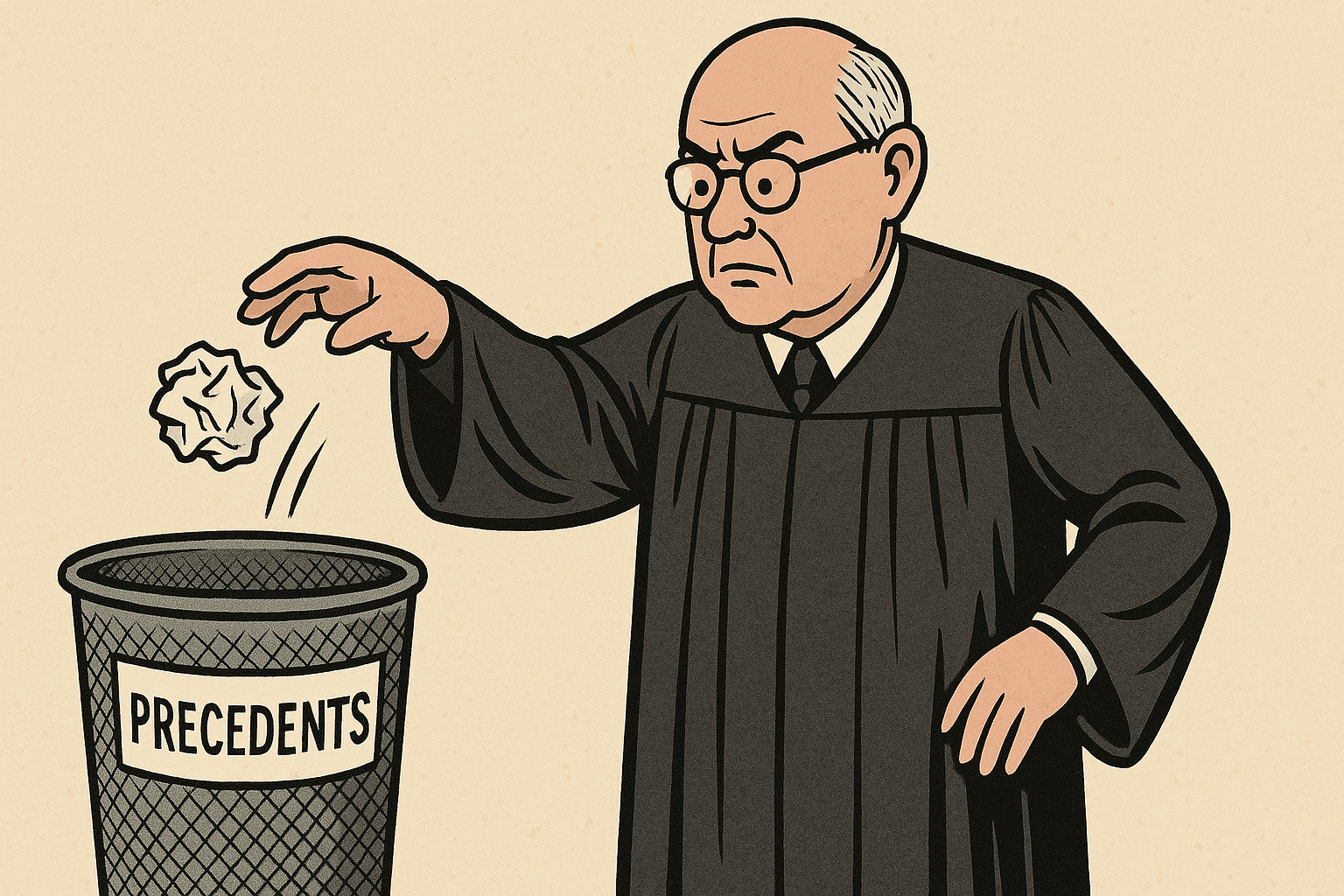Ezra Klein interviews James Simon.
Here's what Simon says on invalidating the individual mandate:
But then the question comes, once you get five votes, do you simply uproot 75 years of constitutional precedent? If you do that, you’re not showing judicial restraint. You’re a very, very activist court. And then the court makes itself an issue in any political campaign. If a doctrine as important as the Commerce Clause doctrine can be reversed by a single vote or even two votes, without much attention to precedent, then the court becomes another political branch of the government.
He's talking about overturning Wickard v. Filburn. The case on which the modern interpretation of the commerce clause is based. What he conveniently forgets is that Wickard v. Filburn itself overturned 150 years of precedent by expanding the ability of the Federal government so that the New Deal would be possible, along with Medicare, Social Security, etc.—the modern welfare state.
Notice also how in his responses, conservative justices are always described as ideological and liberals justices are just liberal.
Finally, in the final question, Ezra Klein worries about how the Supreme Court decided the 2000 election and then Bush went on to appoint two justices. As I recall, both justices were appointed in his second term, which was not decided by the courts in any way. Did Bush win an 8-year term in 2000 that I didn't know about?

